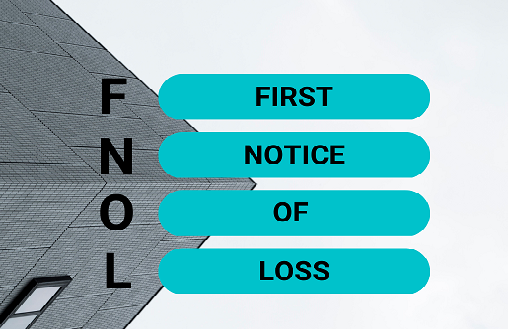Ben Arthur
Customer Success Manager @ in4mo Solera
Published on January 18, 2023 | 3 min read
The foundation of any claim is the FNOL (First Notification of Loss) process. Achieving success in executing this part of the process and the remainder of the claim has a high probability of progressing with little to no challenges.
Of course, any incident to a Policyholders home or business is a stressful situation. In some cases it is devastating. Insurance is invariably purchased with little knowledge of what the small print entitles you to, and there is hope for many that they’ll never need to claim. If a Policyholder has to claim there is trepidation in what awaits them. This is why FNOL is so important. For many, the personal touch of being reassured, and comforted that the damage will be dealt with and that their well-being is accounted for is a reassurance that goes a long way to customer satisfaction.
As technology develops Insurers are constantly presented with new and exciting concepts that demonstrate the potential to improve processes for all parties involved in the claims process. As a new generation comes of age we’re met with an appetite for more digital transactions, less patience, and self-sufficiency for the “mundane”. The new breed of Policyholders requirements is focussed on accessibility and ease of use. In response we have seen Insurance companies invest in apps, chatbots, and webforms to provide options alongside the traditional reporting method(s). Insurers continue to develop to satisfy customers, but what about the processes they need to undertake?
Insurers priorities are serving the customer in the most effective, efficient, and economical way possible. The principles do not change but how countries operate do. We recognise from the conversations we have that geographically the approach can be different with the west traditionally favouring extensive supply chains, whilst the east focusses on process efficiency and predominantly agreeing cash settlements. Both are attempting to solve the same challenge, managing cost.
For other countries, the development of industries connected to property damage has led to further innovation and segmentation. Taking the same principles as the CEE example, and the Motor line of business (LOB), companies are now exploring how to increase straight-through processing (STP) opportunities and engagement thereafter of suppliers for the remaining claims. A tough balance that is assisted by technology. In McKinsey’s article, “Claims 2030: Dream or Reality?”, they are at pains to advise: “We expect people to remain essential to the claims process and, thanks to the use of digital enablers and AI, work more productively and effectively”.
The challenge is delivering solutions that can work in harmony with core systems, new innovations, with the foresight and willingness to evolve. Some Insurers have embarked on extensive in-house projects to deliver against their requirements. Many still want to engage the expertise of companies where integrations play a core role.
Having deployed against a several platforms in4mo recognises the demands and offers opportunities to integrate and then configure:
- STP rules
- Automatic allocation of suppliers
- Automatic in-house allocation
- Supplier management engine
- Customer interaction throughout
- Efficient inspection process
- Cost management tools
Deploying such initiatives allow claims handlers the opportunity to invest more time with those customers that require support. More importantly, it allows claims handlers to invest in their personal development and focus on elements of claims that demand more attention and knowledge. Technology alone is not the answer. The aforementioned McKinsey article articulated this in one quote. The hybrid model of man and machine is undeniably the way forward throughout the claims process. For FNOL it is possibly never truer.
The partners that in4mo have worked with have demonstrated the possibility of utilising the automation routes to appoint suppliers to achieve STP, or in the majority of cases specialists for inspections and emergency work required. In these cases we’ve seen customers contacted <30 minutes of notification, and specialists on site <1-2 hours after first contact. These are great examples of customer service and damage mitigation. Proactivity is an important performance behaviour to translate into FNOL. If you’re interested in understanding how in4mo can complement you’re existing process, then please reach out to us.
